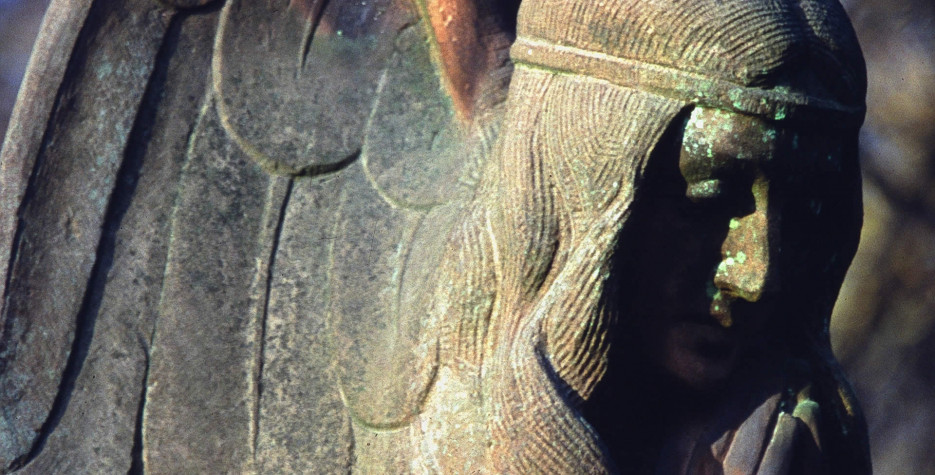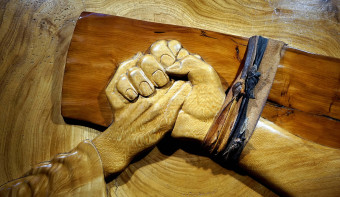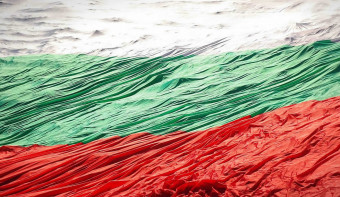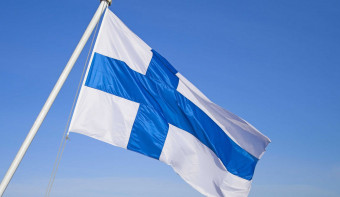About All Saints' Day
History of All Saints' Day
The origin of All Saints' Day may date back to a Greek Christian tradition from the 4th century, when a festival was held to honor saints and martyrs on the Sunday following Pentecost.
The first recorded All Saints’ Day occurred on 13 May 609 CE when Pope Boniface IV accepted the Pantheon in Rome as a gift from Emperor Phocas. The Pope dedicated the day as a holiday to honour the Blessed Virgin and all the martyrs.
In 835 CE, during the reign of Pope Gregory III, the festival was moved to 1st November and was expanded to include the honouring of all saints. It is likely that 1st November was intentionally chosen to replace the pagan feast of the dead, Samhain. The night before Samhain was a time when evil spirits roamed the land looking for humans. To confuse the spirits, people would dress up as creatures. This tradition carried on after 1 November became a Christian festival, hence the name of Halloween - which is a shortened version of All Hallows' Eve.
All Saints Day around the world
Finland, Sweden
In Sweden, the Åland Islands and Finland, All Saints' Day is observed on the Saturday that falls between October 31st and November 6th. The rest of Europe commemorates All Saints Day on November 1st each year.
Netherlands
In the Netherlands, this holiday is observed on the first Sunday in November, but it is not a public holiday.
Similar Observances
Good Friday ✝️
Read More
Orthodox Easter 🥚
Read More
Ascension ✝️
Read More
Other Observances on November 1st 2025
World Vegan Day 🥗
Read More
Day of the Bulgarian National Revival Leaders
Read More










